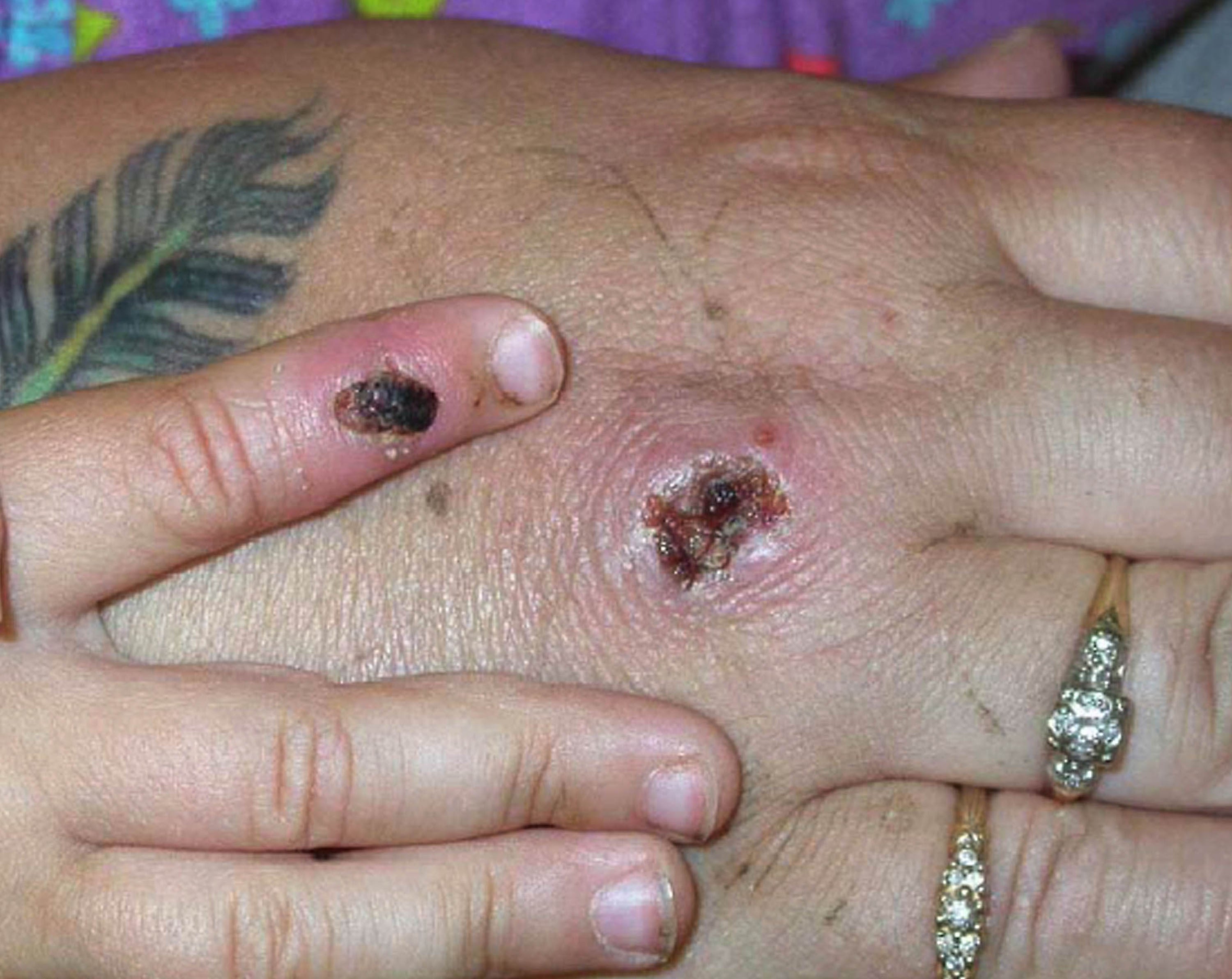UK monkeypox outbreak ‘won’t be easy to stamp out’ and could last for months, leading scientist warns
‘A lot of work’ required to bring spread of infections under control, says Professor John Edmunds

The UK’s monkeypox outbreak won’t be easy to “stamp out” and will likely last for a number of months, a leading epidemiologist and scientific adviser to the government believes.
Professor John Edmunds, of the London School of Hygiene and Tropical Medicine, said a “lot of work” was required to bring the spread of infections under control, with 190 cases recorded to date throughout Britain.
The World Health Organisation said the outbreak was unlikely to turn into a pandemic, but acknowledged that the number of infections detected globally could be “the peak of the iceberg”.
One member of the government’s Scientific Advisory Group for Emergencies (Sage) told The Independent that the UK’s caseload could eventually reach up to 1,000, but insisted this was an “educated guess”.
Prof Edmunds, who is also a member of Sage, said the fact that so many infections have been “cropping up all over the world” indicated there was “going to be a problem” in bringing the outbreak to a close.
“You’re not going to get rid of it overnight,” he told The Independent. “It’s going to take a good couple of months of really solid work to chase up all the infections and contacts and stamp it out.
“It will take a while. Public health teams are chasing all of these chains of transmission — some of them are going to be cryptic for all kinds of reasons.
“And the incubation period [of the monkeypox virus] is quite long — nine or 10 days, possibly even longer. So chains of transmission are slow, which is good. It gives you time to contact trace. On the other hand, if you’re missing some cases, then it’s going to bubble along for a while.”
The UK Health Security Agency, which is taking the lead on detecting cases and tracing close contacts, said the general risk posed by the viral infection to the population “remains low” but warned on Tuesday “it’s important that we work to limit the virus being passed on”.
In new guidance issued earlier this week, the UKHSA advised anyone with the virus to abstain from sex while they have symptoms. It also recommended using condoms for eight weeks after an infection, as a precaution.
The majority of the cases identified in the UK have been among men who have sex with men, who have been told to be alert to new rashes or lesions that form on any part of their body.
Prof Edmunds said the outbreak would eventually be suppressed through a combination of contract tracing, self-isolation and the vaccination of close contacts, who are being offered a jab developed to protect against smallpox.
“But there are now a number of cases out there, a lot of chains of transmission,” he said. “So it’s a major headache for public health authorities right across the globe. I think it is ultimately controllable. I don’t see a problem with that at all. But it’s going to be a real effort.”
Another Sage member, who asked not to be named, said it was unlikely that monkeypox will go away quickly, having seeded itself in a connected network of people.
“That will probably take a shift in behaviour which we probably haven’t seen yet,” they said. “I would therefore expect cases to keep increasing, but I’d be surprised if cases get above 1,000 — but that is just an educated guess.”
The government’s scientific modellers have begun assessing and monitoring the rise in monkeypox infections, but “at the moment [the] data is relatively limited”, the Sage member said, making it hard to draw firm conclusions about the potential scale of the outbreak.
Like many others, the scientist insisted the outbreak won’t mirror the Covid pandemic and “is likely to die-out eventually”.
Dr Sarah Putt, a microbiologist at the University of Brighton, said “we don’t really know” how long infections will persist for, or how many will be reported across the UK, adding that it “depends on how far monkeypox has spread so far and who are incubating it at the moment”.
“If we find the people who have the infection now, we can knock it on the head quite quickly,” she added. “But perhaps it could take some months if it’s spread further than we think.
“With monkeypox, it does require very close contact, so it depends on how far it’s gone into the population at moment, but we just don’t know for sure.”
Subscribe to Independent Premium to bookmark this article
Want to bookmark your favourite articles and stories to read or reference later? Start your Independent Premium subscription today.

Join our commenting forum
Join thought-provoking conversations, follow other Independent readers and see their replies